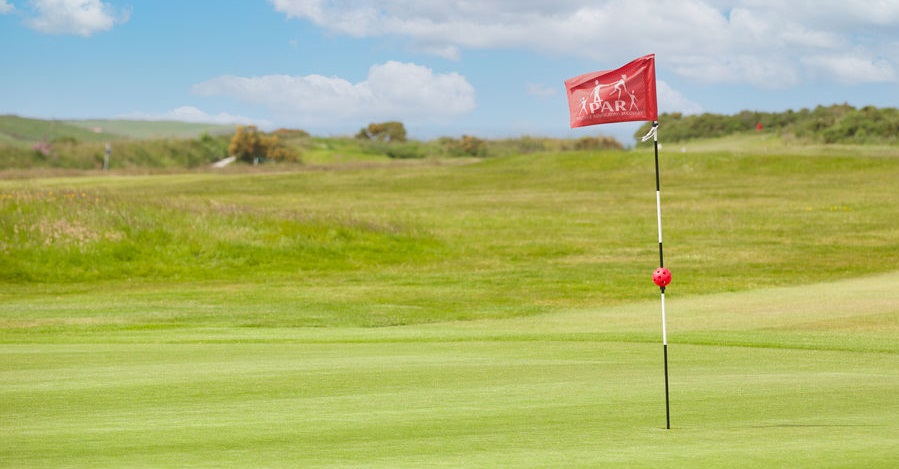PAR for the Course of Recovery
January 15, 2021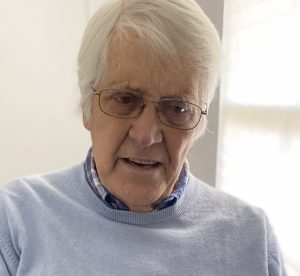 By Merlyn Karst
By Merlyn Karst
President, The Purpose of Recovery
karstmj@gmail.com
I’m grateful for the opportunity to PARticipate in providing a blog to PAR. Mike Barry is a long-time friend and fellow Recovery Ambassador and extended an invitation. The result follows.
I have been a “blogger” for Faces and Voices of Recovery and my community press for several years. I shared a bunch of words gathered from lived experience. I wrote and spoke my words and many times, the words of others about experiencing and finding joy in the reality of active and sustainable recovery. That description has more life than long-term recovery. Glad to join PAR blogs. I appreciated The Recovery Movement: Claiming Our Space and Our Story by Jeremy Byard, LRCC.
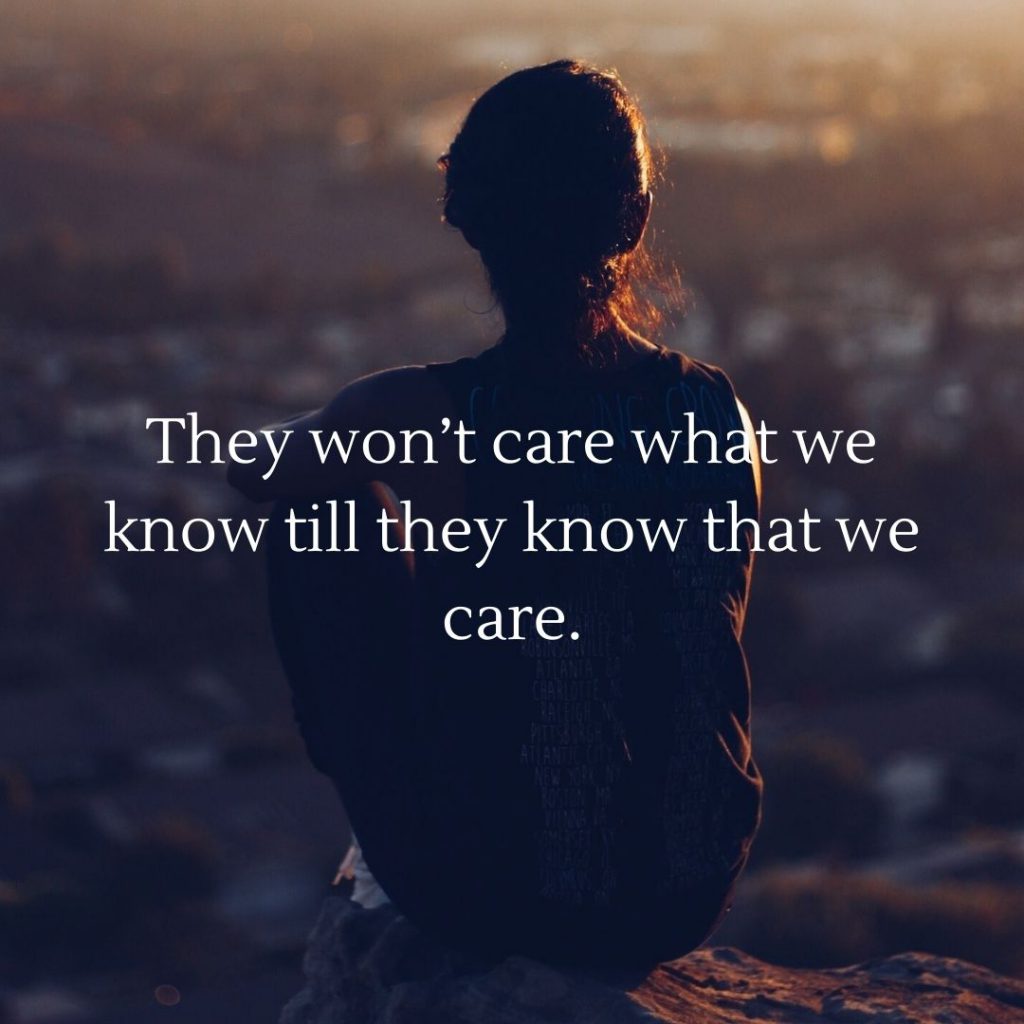 We met in St Paul, Minnesota in 2001 and will celebrate 20 years there in 2021. I will share a historical flashback. The opening remarks contained the words “by our silence we let others define us.” As we shared with each other, we quickly noted that our stories have power. Stories that could fill the silence with healthy hope. We recognized the safety, comfort, and importance of the principle of anonymity and determined to find a path to advocacy with anonymity. We have done that. We learned the value of assisting with the short message about overcoming addiction and showcasing the acquired benefits of recovery to self, family, and community. We were encouraged to introduce this campaign through community outreach. Bill White was our mentor and keynoted our closing remarks with the words. “Let’s Go Make Some History.” We did, we are, and we will continue. As history unfolded, we looked to the future and welcomed Young People in Recovery (YPR). Here are some words from Bill White about the movement’s history over time.
We met in St Paul, Minnesota in 2001 and will celebrate 20 years there in 2021. I will share a historical flashback. The opening remarks contained the words “by our silence we let others define us.” As we shared with each other, we quickly noted that our stories have power. Stories that could fill the silence with healthy hope. We recognized the safety, comfort, and importance of the principle of anonymity and determined to find a path to advocacy with anonymity. We have done that. We learned the value of assisting with the short message about overcoming addiction and showcasing the acquired benefits of recovery to self, family, and community. We were encouraged to introduce this campaign through community outreach. Bill White was our mentor and keynoted our closing remarks with the words. “Let’s Go Make Some History.” We did, we are, and we will continue. As history unfolded, we looked to the future and welcomed Young People in Recovery (YPR). Here are some words from Bill White about the movement’s history over time.
The New Recovery Advocacy Movement (NRAM) is a social movement led by people in addiction recovery and their allies aimed at altering public and professional attitudes toward addiction recovery, promulgating recovery-focused policies and programs, and supporting efforts to break intergenerational cycles of addiction and related problems. The heart of the NRAM is the more than 100 grassroots RCOs operating in local U.S. communities. We most recently established an RCO, The Purpose of Recovery in Orange County, California. Its first. The national infrastructure, from its beginnings, has been a collaborative one. Key partners in this collaboration have included State & Local RCOs now represented by the Association of Recovery Community Organizations. New recovery support institutions—a key product of this movement—are represented and supported by such organizations as the National Alliance of Recovery Residences, the Association of Recovery Schools, and the Association of Recovery in Higher Education.
My history with PAR began with early visits to Louisville. One visit introduced me to Jay Davidson and The Healing Place. At that time, a most wonderful habitat for this small group of humanity. I have carried the elements of this model in head and heart as I served recovery communities. The Healing Place(s) truly is where hope is found. Every day, they provide food, shelter, clothing, and is a nationally recognized recovery program to nearly 1,000 men and women at no cost to the client. The Healing Place truly is where hope is found. Every day, we provide food, shelter, clothing, and our nationally-recognized recovery program to nearly 1,000 individuals at no cost to the client. All a person has to have is a desire to get sober. We want there to be as few barriers to recovery as possible.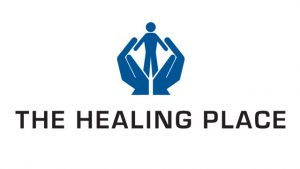
If you are not presently earning, you should be learning: Do some research. Topic: Language Matters; Criminal Justice Recovery Advocacy; Medical Assisted Recovery (MAT); We need to eliminate the word abuse, support the justice reform in place, treat MAT as the answer to craving and avoidance of pain, and not “just another drug.”
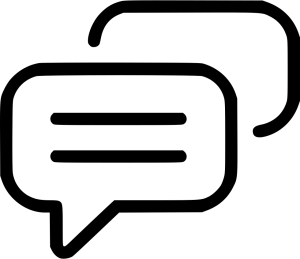 JOIN THE DISCUSSION
JOIN THE DISCUSSION
Add your thoughts about PAR for the Course of Recovery by submitting your comments in the reply box below. All comments are moderated prior to being posted on the web site. Thank you.
ABOUT THE PURPOSE OF RECOVERY
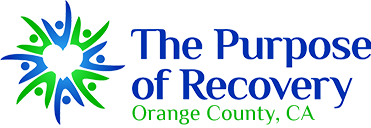 The Purpose of Recovery is a nonprofit, grassroots, peer-led recovery community in Orange County, CA. They connect with local, state, and national recovery communities to support long term recovery.
The Purpose of Recovery is a nonprofit, grassroots, peer-led recovery community in Orange County, CA. They connect with local, state, and national recovery communities to support long term recovery.
The Purpose of Recovery offers peer-to-peer support. Whether you are an individual in recovery from substance use disorder, a parent, partner, or concerned friend you will find peers who understand the unique challenges you face.
Learn more at https://thepurposeofrecovery.org/.
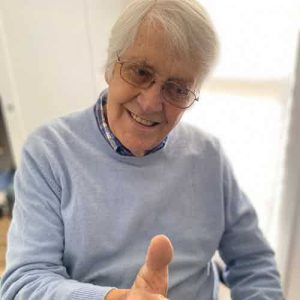
ABOUT THE AUTHOR
Merlyn Karst is a person in long-term recovery and a recovery advocate and Recovery Ambassador. He is a founder of Advocates for Recovery—Colorado and The Purpose of Recovery, California. Also, one of the founders of Faces and Voices of recovery. He is a writer and speaker about social issues surrounding the inappropriate use of alcohol and other drugs leading to substance use disorders, a mental health issue. He is particularly attentive to Peer driven support and services and their societal and economic benefits. They also provide reason and resources to reduce recidivism.
SUBMIT A GUEST BLOG
Are you interested in writing a guest blog for The Recovery Word? Click here for additional information.
